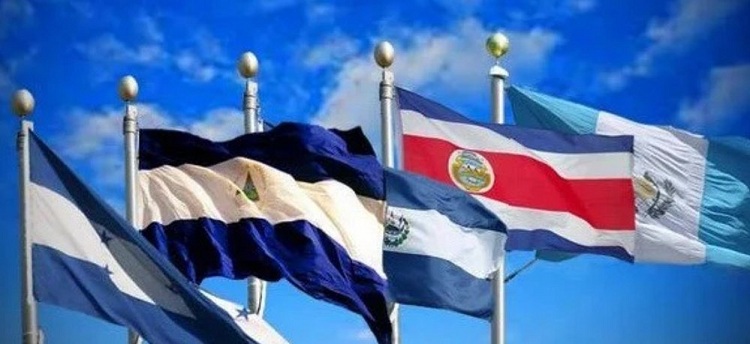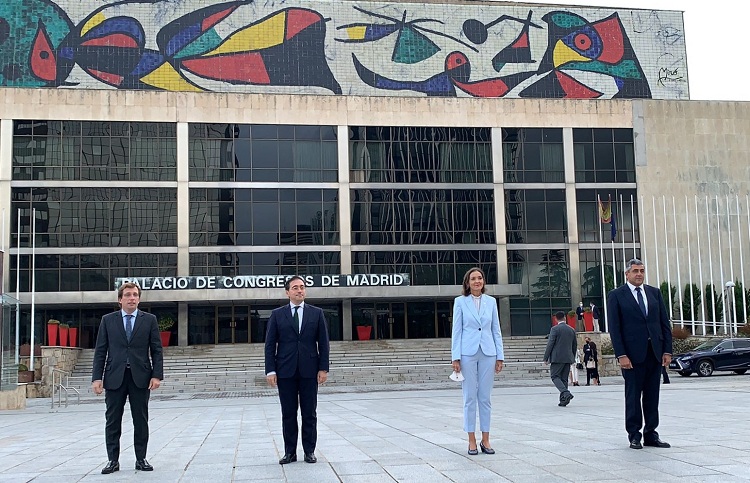The Diplomat
The Government of Spain yesterday congratulated the Republics of Costa Rica, El Salvador, Guatemala, Honduras and Nicaragua on the occasion of the commemoration of the Bicentennial of their independence.
Yesterday was the 200th anniversary of the signing of the Act of Independence of Central America, by which the provinces that made up the Captaincy General of Guatemala proclaimed their separation from Spain. That was the first step for the later definitive independence of Guatemala, El Salvador, Costa Rica, Honduras and Nicaragua after the dismantling of the Federal Republic of Central America (1824-1839).
“These celebrations give us the opportunity to remember and highlight a rich shared past, as well as to renew our commitment to the region, particularly in the current global context conditioned by the COVID-19 pandemic,” the Ministry of Foreign Affairs said in a statement. “For Spain, it is a priority to act in solidarity in order to get out of this health crisis together, which is why our country is donating millions of vaccines to Ibero-America and the Caribbean,” it continued. “The objective is to leave no one behind,” it added.
In its communiqué, Spain reaffirms its “willingness to work together so that our respective peoples and societies can satisfy their legitimate aspirations for development and progress, favoring political dialogue, social and economic development, the eradication of poverty and inequalities, as well as the strengthening of the rule of law, good governance and democratic values.”
The Spanish Government also reaffirms the “important role” played by the Central American Integration System (SICA), which this year celebrates its thirtieth anniversary, “for its ability to successfully face present and future challenges, which has always had and will always have the support of Spain”. The President of the Government, Pedro Sánchez, traveled last June to San José, Costa Rica, to participate, precisely, in the commemorative events of the thirtieth anniversary of SICA and to meet with the leaders of the Central American countries, with whom he addressed, among other issues, the refugee and displaced persons crisis, the pandemic and climate change.
“The Bicentennial also coincides with the 35th anniversary of the Esquipulas processes, which led to the peace agreements and in which Spain accompanied and was involved,” the statement continued. “We do not want to fail to emphasize in this context the valuable lesson it has meant for Central American societies and governments, which they must preserve and continue to consolidate in favor of the welfare of all citizens,” it concluded.
The anniversary coincides with a serious deterioration of diplomatic relations between Spain and Nicaragua. Daniel Ortega’s regime has accused Spain of “meddling, interference and intervention” for its statements against the arrests of opposition politicians and journalists on the eve of the November elections (the latest chapter was the recent arrest warrant issued by the Nicaraguan Attorney General’s Office against the writer and former Vice President Sergio Ramírez) and has even resorted to the GAL, Catalonia and the “fierce and brutal colonial and neocolonial history” to criticize the Government. On August 11, the Minister of Foreign Affairs, José Manuel Albares, recalled the Spanish ambassador in Managua, María del Mar Fernández-Palacios, for consultations.







